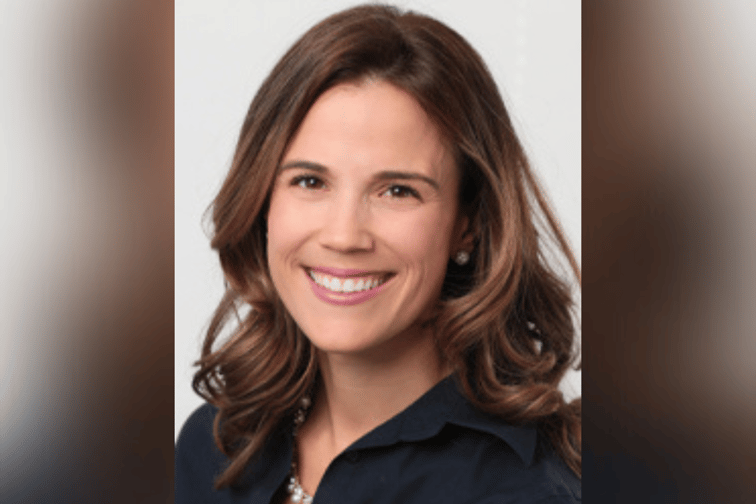

Insurance is all about solving people’s problems. But what traits equip a person to take on the huge and impactful asks that hound the industry daily?
For Nicole Perrault (pictured), head of product and propositions at iptiQ by Swiss Re, those main traits are being creative, open, and vulnerable.
Register now: Join the Women in Insurance Summit in San Francisco
“You need to be comfortable, not necessarily with failure, but with being able to pivot,” Perrault told Insurance Business.
Perrault is speaking on a panel tackling the multigenerational workplace at the Women in Insurance conference in San Francisco. At Swiss Re, she focuses on building products and value propositions for digital and embedded distribution channels, cross-collaborating with teams across the organization to address various issues.
“When I lead the product management group at Swiss Re, I implore us to start with the ‘why’ whenever we’re tackling a new initiative,” she said. But what do you do once your “why” is clear?
“That’s where the openness and vulnerability come in,” Perrault answered. “You must be open enough to know what you don’t and vulnerable enough to seek other people for help to find the best ideas.”
For the insurance leader, vulnerability comes with confidence, but not necessarily vice versa. Confidence can sometimes come with an “egotistical drive” that can be inimical to problem-solving.
“You need to lack hubris. You have to be OK with being wrong and having your ideas challenged,” she added.
Collaborating on solutions rather than finding them alone often gets the job done quicker, and research shows women are particularly good at working with others. A 2017 study by the Organisation for Economic Co-operation and Development (OECD) showed that girls were significantly better at collaborating to solve problems than boys in the classroom. Around 125,000 students in 52 countries and economies participated in the global education survey.
In the workplace, men and women can be equally strong team players. But problem-solving necessitates openness and vulnerability, according to Perrault. “There are a lot of problem-solvers who are open and creative individuals, but they don’t stray from their path because they’re afraid of being wrong,” she noted.
“I have always found that vulnerability is the best word because confidence comes with ego and not necessarily collaboration. It takes a confident person to be vulnerable in a problem-solving organization.”
Before working at Swiss Re, Perrault was an executive at Hippo Insurance and Narragansett Bay. She has almost 20 years in the industry working to create insurance companies from start-up to scale – and she particularly enjoys helping those tackling challenging industry problems. While she sees an abundance of strategy and desire for change across the industry, there are significant differences in how companies deliver solutions for those problems.
“I do believe that we have unified and rallied around change, from proactive insurance management to all the things people are marching towards, like ease of doing business and being nimble and agile. We are all saying the same things, and we all genuinely believe it,” Perrault observed.
“Where the challenge exists is in the execution. The difference between the smaller, more nimble companies and the larger legacy companies is their culture of execution. What we need to do as an industry is focus on that strategic execution of change by taking one step at a time.”
Perrault says that insurance companies should learn to be comfortable with being uncomfortable to solve some of the biggest problems facing the industry. That’s because once they define the “why” of a problem and break it down into small chunks of execution, companies should deliver that strategy to their teams to execute.
“It sounds very simple, but it’s really hard to do because you have to give up a lot of control,” Perrault explained.
“Some companies are focusing on prioritization and saying ‘no’ to things. But I like this phrase, ‘Yes, but how can we make this happen?’ What needs to be possible to make this happen?” she asked.
“Many people focus on what will go wrong and why we shouldn’t do things. But you can reframe that into: ‘Yes, but this needs to be true for that to be possible.’ I think that’s a better way forward.”
Insurance leaders are addressing some of the industry’s most impactful issues at the Women in Insurance summit in San Francisco on October 4 at the JW Marriott Union Square.
Visit sanfrancisco.ibwomenininsurance.com to learn more about the event.
